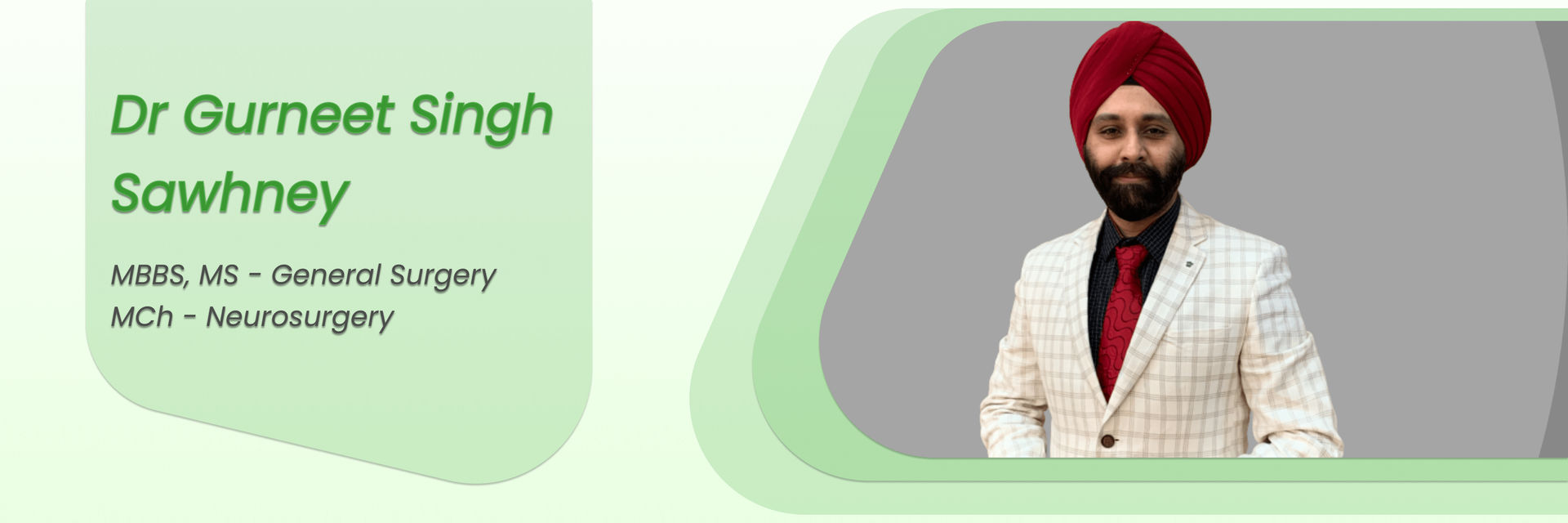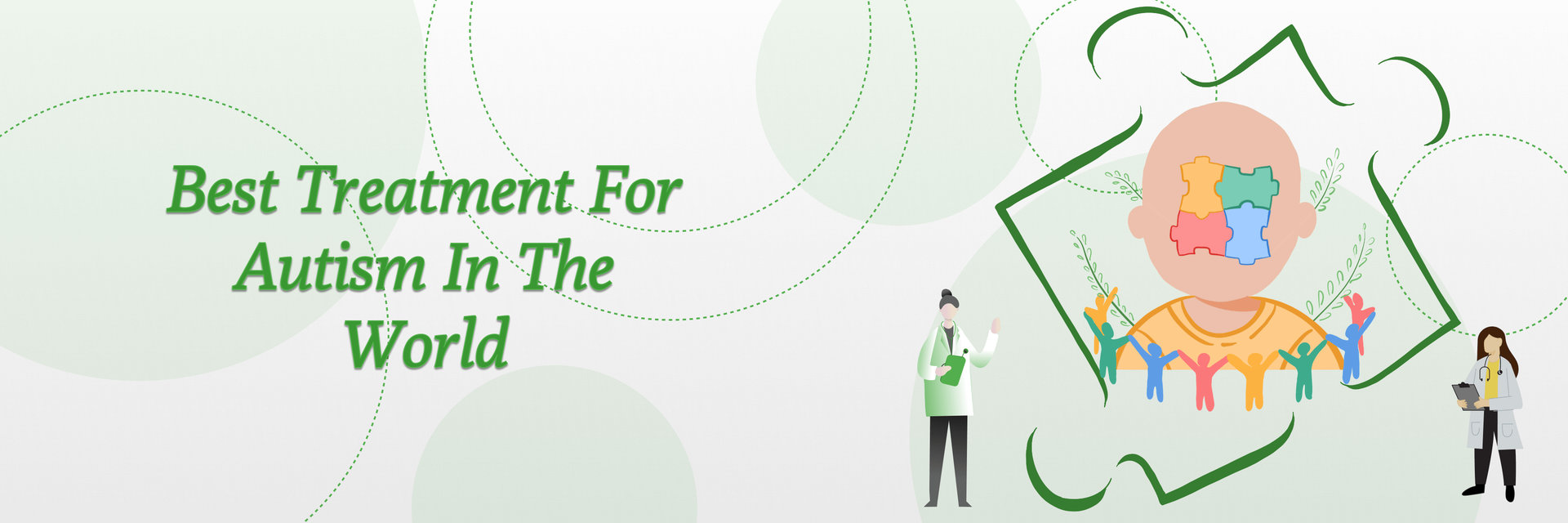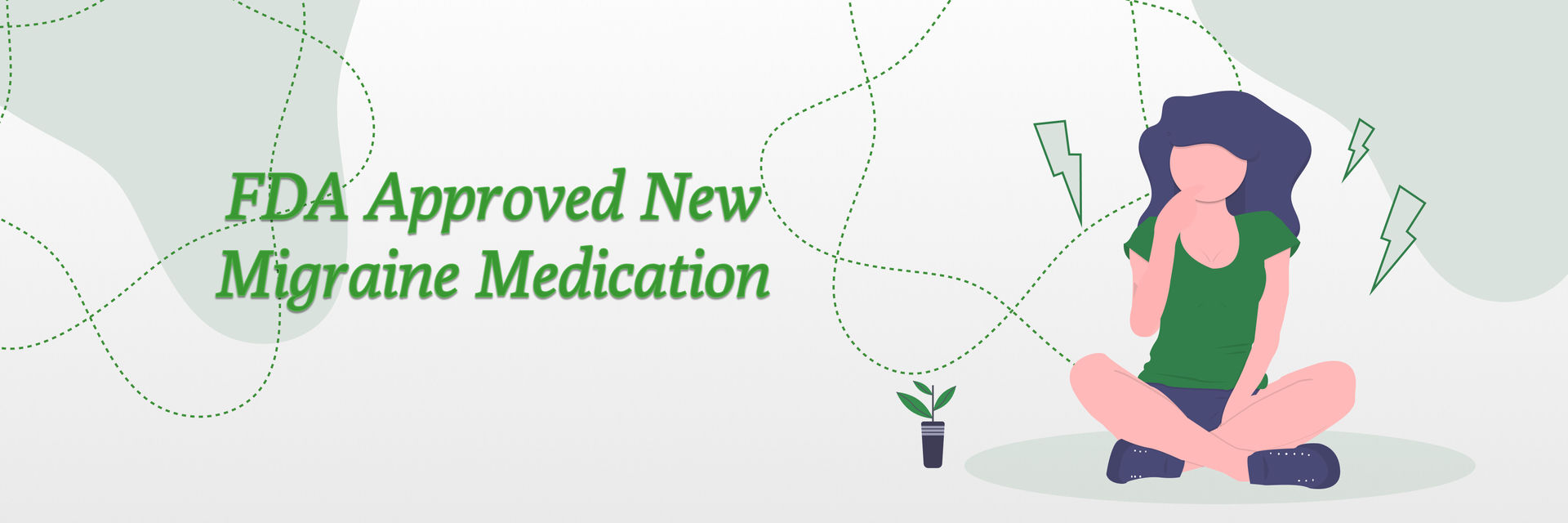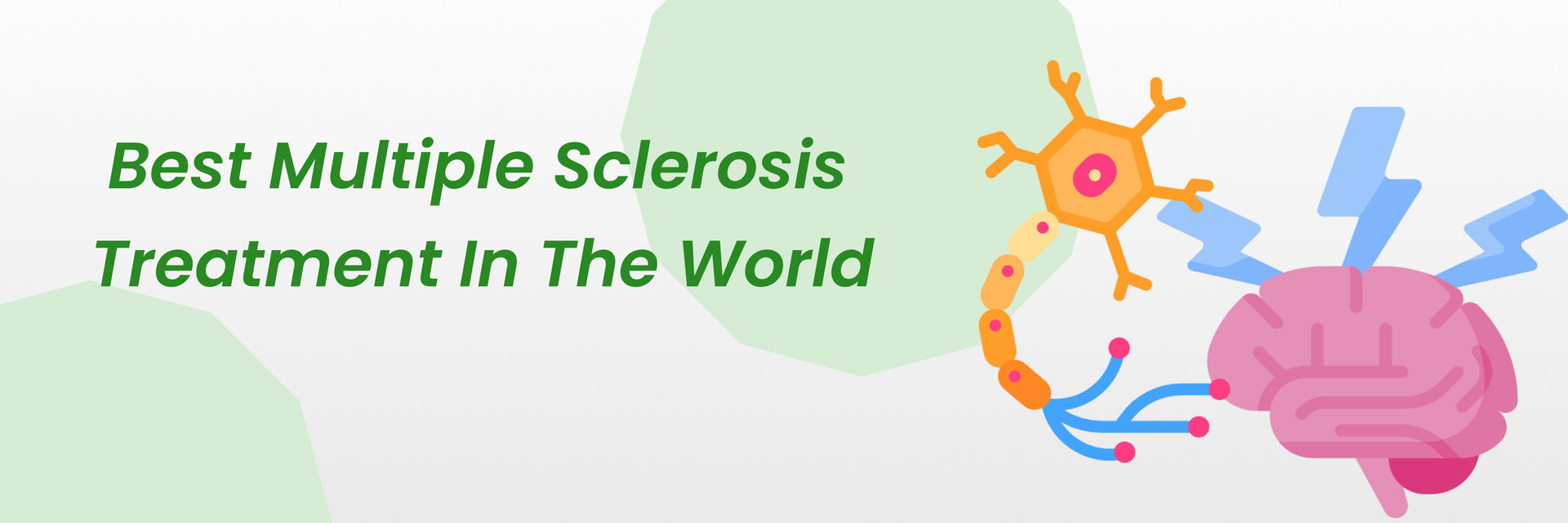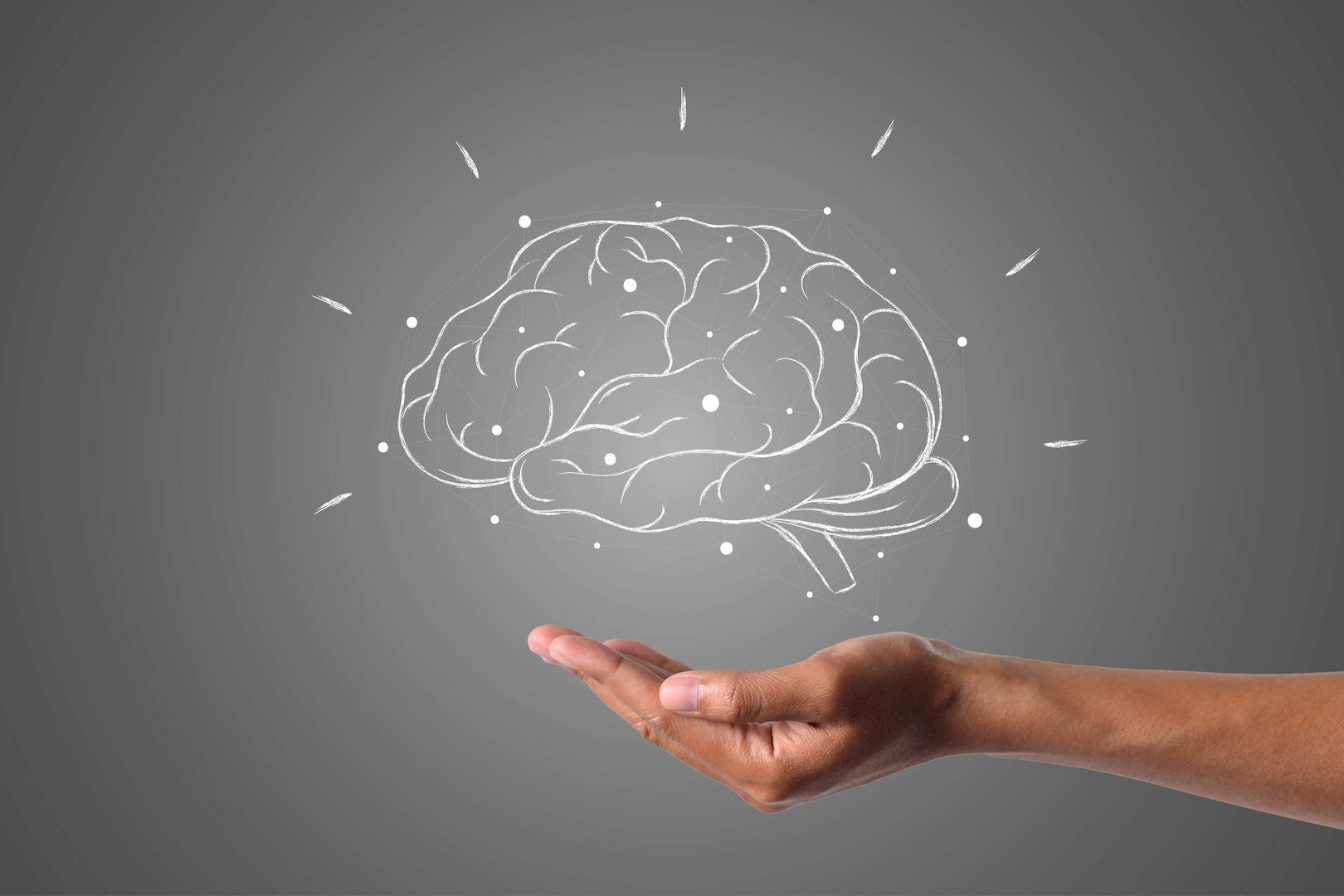Overview
Yes, you can experience both Traumatic Brain Injury (TBI) and Post-Traumatic Stress Disorder (PTSD).
Traumatic Brain Injury (TBI) occurs when a sudden impact or blow to the head disrupts brain function, affecting around 69 million people worldwide each year. Post-Traumatic Stress Disorder (PTSD) arises after experiencing severe trauma, impacting about 3.6% of people globally annually. When TBI and PTSD overlap, they can intensify each other's effects, complicating the journey to recovery. Addressing both conditions is essential for achieving better health outcomes and enhancing the quality of life.
Dr. Vikas Patel, a renowned psychiatrist, explains, "TBI and PTSD frequently coexist, particularly in individuals who have faced significant trauma, such as combat veterans or accident survivors. The interplay between these conditions can lead to severe emotional and cognitive challenges. Early diagnosis and a comprehensive treatment plan are crucial in managing both TBI and PTSD effectively."
What is Traumatic Brain Injury (TBI)?

TBI is a brain injury caused by a sudden hit or jolt to the head. It disrupts normal brain function and can be mild, moderate, or severe.
Causes of TBI
- Falls: Most common, especially in older adults and children.
- Vehicle Accidents: Involving cars, motorcycles, or bicycles.
- Sports Injuries: These are common in contact sports like football or soccer.
- Combat Injuries: Frequent among military personnel.
- Assaults: Injuries from violence, like blows or gunshots.
Types of TBI
- Mild TBI (Concussion): Brief changes in consciousness or confusion.
- Moderate TBI: Unconsciousness or confusion lasting from minutes to hours.
- Severe TBI: Prolonged unconsciousness or coma with lasting effects.
If you or someone else has a head injury, get medical help right away. Connect with the best neurologists in India for immediate assistance and support.
What is Post-Traumatic Stress Disorder (PTSD)?

Post-Traumatic Stress Disorder (PTSD) is a strong reaction to trauma that can deeply affect a person's life.
PTSD is a mental health condition triggered by experiencing or witnessing a traumatic event. It causes intense, lasting distress and can disrupt daily life.
Common Causes of PTSD
- Combat: Often seen in military veterans.
- Accidents: Severe incidents like car crashes.
- Natural Disasters: Events like earthquakes or floods.
- Personal Trauma: Assaults or abuse.
- Witnessing Trauma: Seeing a traumatic event happen to someone else.
Symptoms of PTSD
- Flashbacks: Reliving the trauma through vivid memories.
- Nightmares: Disturbing dreams about the event.
- Severe Anxiety: Constant fear or nervousness.
- Avoidance: Staying away from reminders of the trauma.
- Emotional Numbness: Feeling detached or uninterested in life.
- Negative Thoughts: Persistent negative feelings or thoughts about oneself or the world.
The Connection Between TBI and PTSD
TBI and PTSD often go hand-in-hand, making recovery more challenging but understanding their connection can help in managing both effectively.
How TBI Can Lead to PTSD?
A physical brain injury like TBI can open the door to psychological trauma, leading to PTSD.
- Brain Injury and Trauma: TBI can create significant stress and fear during the event, causing the injury, which may lead to PTSD. For example, a car accident that causes a head injury can also leave lasting emotional scars.
Dr. Gurneet Sawhney, a renowned neurosurgeon in Mumbai, said, "When someone suffers a TBI, it can disrupt brain function in ways that affect not just physical health but also emotional well-being. This disruption can make individuals more vulnerable to developing PTSD, a condition where the mind struggles to process and recover from traumatic experiences. Managing both conditions requires a comprehensive approach, combining medical treatment for brain injuries with therapies that address the emotional impact, ensuring patients receive holistic care for their recovery."
- Increased Vulnerability: The cognitive and emotional disruptions caused by TBI can make individuals more susceptible to developing PTSD, especially if they experience significant distress during or after the injury.
Overlapping Symptoms
TBI and PTSD share many symptoms, making it hard to tell them apart.
- Anxiety: Both conditions can cause persistent worry and fear.
- Memory Issues: Trouble remembering details or events is common in both TBI and PTSD.
- Mood Changes: Irritability, depression, and emotional swings are symptoms shared by both conditions.
- Sleep Problems: Difficulties in falling or staying asleep and having nightmares are frequent in both TBI and PTSD.
Impact on Daily Life
Living with TBI and PTSD together can deeply affect your everyday life.
- Work: Challenges in concentrating, remembering tasks, or handling stress can impact job performance.
- Relationships: Mood swings, irritability, and emotional numbness can strain interactions with family and friends.
- Quality of Life: The combined effects of TBI and PTSD can lead to a decrease in overall life satisfaction and the ability to enjoy activities.
Diagnosing TBI and PTSD
Accurate diagnosis is the key to effective treatment for TBI and PTSD. Let's explore how healthcare professionals identify these conditions.
Medical and Psychological Evaluations
Diagnosing TBI and PTSD requires a thorough evaluation of both physical and mental health.
- TBI Diagnosis:
- Medical History and Symptoms: Doctors start by reviewing the patient's medical history and symptoms, including details about the injury and any changes in behaviour or abilities.
- Neurological Exam: This exam assesses the nervous system, checking memory, concentration, coordination, and reflexes.
- PTSD Diagnosis:
- Psychological Assessment: Mental health professionals conduct interviews and questionnaires to understand the patient's experiences and symptoms.
- Symptom Criteria: Diagnosis is based on specific criteria, including exposure to trauma and persistent symptoms like flashbacks, avoidance, and hyperarousal.
Imaging and Tests for TBI
Advanced imaging technologies help doctors see inside the brain to diagnose TBI accurately.
- CT Scans:
- Purpose: CT (Computed Tomography) scans provide detailed brain images to detect bleeding, swelling, or fractures.
- Process: Quick and effective, often the first test used in emergencies to assess brain injuries.
- MRIs:
- Purpose: MRI (Magnetic Resonance Imaging) offers a more detailed look at brain tissue, identifying smaller injuries or changes in the brain's structure.
- Process: This takes longer than a CT scan but provides a clearer picture of the brain's condition.
- Other Diagnostic Tools:
- Cognitive Tests: Assess memory, attention, problem-solving, and other cognitive functions.
- Electroencephalography (EEG): Measures electrical activity in the brain to identify abnormalities.
Screening for PTSD
Identifying PTSD involves understanding the psychological impact of trauma through detailed assessments.
- Psychological Assessments:
- Interviews: Mental health professionals ask about the trauma and its effects on thoughts, feelings, and behaviours.
- Questionnaires: Tools like the PTSD Checklist (PCL) help quantify symptoms and their severity.
- Diagnostic Criteria:
- Exposure to Trauma: The person must have experienced or witnessed a traumatic event.
- Persistent Symptoms: Symptoms such as re-experiencing the trauma, avoidance, negative mood changes, and heightened arousal must be present for at least one month.
Treatment Options for TBI and PTSD

Effective treatment plans for TBI and PTSD can help you regain control over your health and improve your quality of life.
Medical Treatments for TBI
Treating TBI often involves a combination of medication, surgery, and rehabilitation.
- Medications:
- Pain Relief: Medications like acetaminophen help manage headaches and other pain associated with TBI.
- Anti-seizure Drugs: Used to prevent seizures that can occur after a severe TBI.
- Neurostimulants: Help improve attention and mental function in moderate to severe TBI cases.
- Surgery:
- Emergency Procedures: Surgery may be needed to remove clots, repair skull fractures, or relieve pressure on the brain.
- Recovery and Rehabilitation: Post-surgery care often involves physical therapy and other rehabilitation efforts to restore function.
- Rehabilitation:
- Physical Therapy: Helps regain strength, balance, and coordination.
- Occupational Therapy: Assists in relearning daily activities and improving fine motor skills.
- Speech Therapy: Focuses on improving communication abilities.
- Stem Cell Therapy: Regenerative medicines like stem cell therapy are emerging as a promising frontier for treating various diseases, offering hope for conditions previously deemed untreatable. With advancements in stem cell treatment for TBI, patients are seeing improved outcomes and potential cures for complex ailments.
Therapies for PTSD
Therapeutic approaches like CBT and EMDR are highly effective in treating PTSD symptoms.
- Cognitive Behavioral Therapy (CBT):
- Purpose: CBT helps patients identify and change negative thought patterns and behaviours related to the trauma.
- Process: Involves structured sessions with a therapist to develop coping strategies and address trauma-related issues.
- Eye Movement Desensitization and Reprocessing (EMDR):
- Purpose: EMDR aims to reduce the distress associated with traumatic memories.
- Process: Uses guided eye movements while recalling the trauma to help reprocess and diminish its emotional impact.
- Other Therapies:
- Exposure Therapy: Gradually exposes patients to trauma-related triggers in a controlled way to reduce fear and avoidance.
- Group Therapy: Provides support and shared experiences with others facing similar challenges.
Coping Strategies and Support
Navigating life with TBI and PTSD can be challenging, but effective coping strategies and strong support can make a significant difference.
Self-Care Tips
Taking care of yourself is essential for managing both TBI and PTSD.
- Rest:
- Prioritize Sleep: Ensure you get enough rest to help your brain recover and function better.
- Short Naps: Take short naps if you feel fatigued, but avoid long naps that can disrupt your night's sleep.
- Nutrition:
- Balanced Diet: Eat various nutritious foods to support overall health and brain function.
- Stay Hydrated: Drink plenty of water throughout the day to stay hydrated and alert.
- Routine:
- Consistent Schedule: Maintain a regular daily routine to create stability and reduce stress.
- Structured Activities: Plan your day with scheduled activities to help you stay organized and focused.
Stress Management
Managing stress is crucial for dealing with the challenges of TBI and PTSD.
- Mindfulness:
- Practice Mindfulness: Engage in mindfulness exercises to stay present and reduce anxiety.
- Meditation: Spend a few minutes daily meditation to calm your mind and enhance emotional balance.
- Deep Breathing:
- Breathing Techniques: Use deep breathing exercises to reduce stress and improve relaxation.
- Breath Focus: Concentrate on your breath during stressful moments to regain control.
- Physical Activity:
- Regular Exercise: Incorporate moderate physical activities like walking or yoga to boost mood and reduce stress.
- Movement Breaks: Take short breaks during the day to stretch or move around to keep your energy levels up.
If you or someone you know is dealing with both TBI and PTSD, seek guidance from psychiatrists, who specialize in these conditions, to explore the best treatment and support options.
Conclusion
Managing TBI and PTSD requires understanding, support, and proactive care. These conditions can coexist, making recovery complex. Accurate diagnosis, integrated treatment plans, self-care, stress management, and a strong support network are crucial. Early intervention and comprehensive care significantly improve outcomes.

